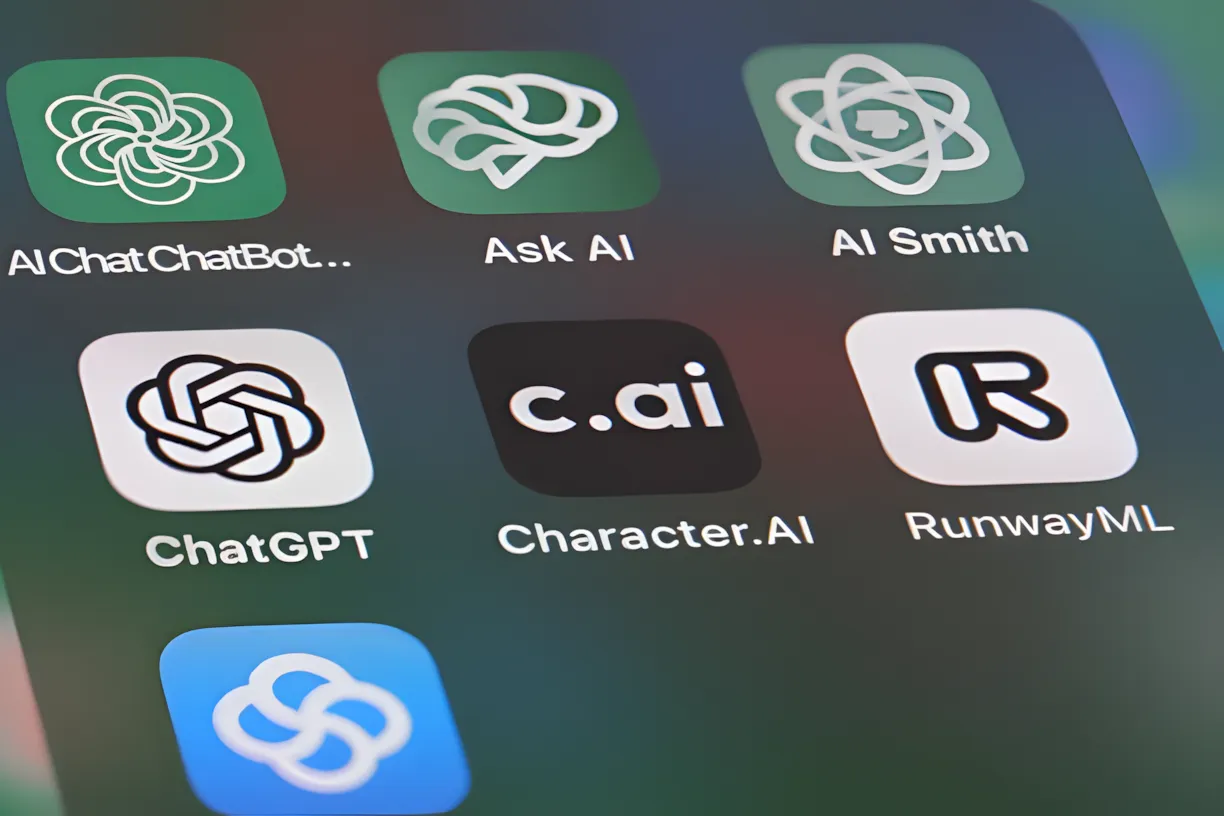Four out of five students now regularly use the AI chatbot ChatGPT. Print and digital study materials remain important for three-quarters.
According to a survey by Vlaamse publishing house and bookstore Acco, four out of five students used ChatGPT regularly in the past academic year. This is 30 percent more than in 2022-2023.
Within its annual education barometer, Acco surveyed 1,102 students and 142 teachers about how they use ChatGPT. Approximately 82 percent of students say they use the AI application for their studies. Three-quarters mainly use it to look up information (75%), 58 percent use it for brainstorming, and 49 percent for rewriting their own texts. Additionally, 37 percent use ChatGPT to complete writing assignments, and 27 percent to make summaries.
Cognitive Abilities
Still, students recognize there are significant downsides as well. The greatest challenge for more than 32 percent of the students is maintaining and not losing their cognitive abilities. They also realize they are becoming increasingly dependent on a source that may provide inaccurate information (30 percent). One in three teachers surveyed fear that students will think less independently due to using ChatGPT.
Both students and teachers call for clear guidelines on how to use ChatGPT in higher education. "AI tools can be an enormous asset as long as they do not undermine the achievement of certain competencies or the learning process," explains Martin Valcke, professor of educational science at Ghent University. "It is important that students know when they are not allowed to use AI tools, such as during exams." He continues, "Guidelines should clearly delineate how and when they can use AI tools and how they should reference their use and the results."
Paper
Finally, 74 percent of surveyed students consider it important to be able to use both paper and digital study materials. "Despite more educational institutions and teachers investing in digital textbooks, paper remains very important for students," explains Inge Vander Velpen, CEO of Acco, in a press release. "It is logical to explain: it is much easier to study from the printed course material and store learning content than when you have to stare at a screen."












